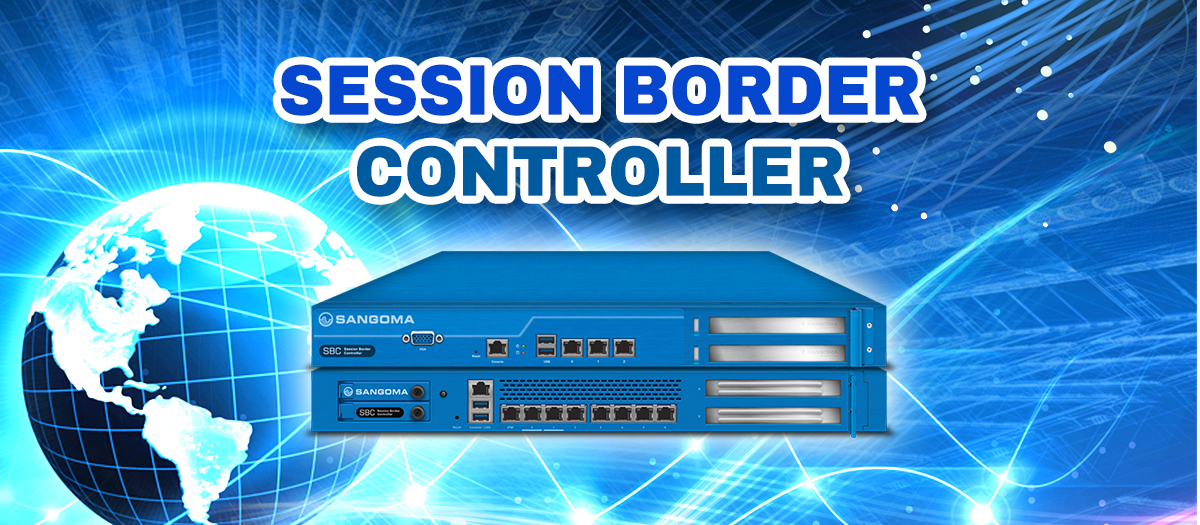Why We Need SESSION BORDER CONTROLLER for Business?
The constant issues with a VoIP system are Security and quality concerns. A workplace needs to be sure that only authorized people use the service. Their phones don’t expose any network weaknesses, and that quality of service is consistently good. A session border controller (SBC) is that device that helps to achieve those goals. An SBC can be used with on-premises or hosted VoIP PBX or a SIP trunk, and it’s often paired with another in the host’s equipment.
An SBC can be either a dedicated device or a software package that can run on any computer.
SECURITY
The common reason for using an SBC is safety and reliability, but it serves a different purpose from a firewall. The security features that an SBC can provide are as follows:
-
Hiding of Topology:
Without taking special precautions, a SIP packet contains a trace of its passage through the local network. This could help someone trying to attack the network. An SBC can reduce the routing information to the minimum possible level.
-
Encryption:
An SBC can apply TLS (also called SSL) to SIP packets and Secure Real-Time Transport Protocol (SRTP) to the voice data. This prevents intruders to spy on the call between the local network and the trunk.
-
Preventing unauthorized use:
An SBC verifies whether a connection comes from an authorized source. This act of SBC stops free riders on the system. some denial-of-service attacks, camouflage their packets as VoIP traffic; an SBC can detect the fraudulent packets and drop them. If an IP address sends a lot of inimical or uncertified packets, the SBC can block everything coming from such source.
-
Detection of excessive use:
An endpoint with an unusually high level of traffic might be subletting the connection in violation of network policy. An SBC can detect and block such activity.
OTHER BENEFITS OF SBC
A Session Border Controller can set network routing and data packet priorities to maintain the quality of all calls up and to make the assurance that the most important connections (e.g., emergency calls) get the highest priority.
SBCs can help with IP address management, avoids dropping of connections. Routers on local networks use Network Address Translation (NAT) to convert between public IP addresses and the ones on the local network. NAT doesn’t work very well with the SIP protocol; if a router changes a phone’s local IP address within the network, it can break the connection. An SBC controls message routing so that NAT changes don’t cause dropping of call.
There is no issue of Compatibility with SIP, but the protocol does have different treatments from different equipment, and a mismatch can reduce productivity. An SBC can optimize the connection between the phones and the service by changing the layout of packets when necessary.
Logging and billing functions on SBC help a business to control where its VoIP services are most heavily used and to allocate costs accordingly. This helps to detect immoderate or unexpected use.
It’s especially useful to deploy SBCs as they can offer a secure link between the local network and the server, and they can bypass NAT while routing SIP connections and voice data to the correct places.
